Understanding Solar Generators
A solar generator is a system that combines solar panels, a charge controller, a battery bank, and an inverter into one integrated unit. Unlike fuel-powered generators, solar generators harness sunlight and convert it into usable electricity. They provide clean, renewable energy without noise, fumes, or ongoing fuel costs.
Why Households Consider Solar Generators
Many households are turning to solar generators for emergency backup power, off-grid living, and reducing dependence on the electrical grid. Their ability to provide sustainable, renewable energy makes them especially attractive during power outages or in remote locations where grid access is limited.
How Much Power Does a House Use?
The size of the solar generator you need depends largely on your household’s electricity consumption. In the United States, the average household uses about 877 kWh per month, which is roughly 30 kWh per day. However, usage can vary widely depending on factors such as the size of the home, number of occupants, and lifestyle.
Average Power Consumption by Appliance
| Appliance | Average Power (Watts) | Estimated Daily Usage (Hours) | Daily Consumption (Wh) |
|---|---|---|---|
| Refrigerator | 150 | 24 | 3,600 |
| LED Lighting (10 bulbs) | 100 | 5 | 500 |
| Television | 120 | 4 | 480 |
| Microwave | 1,000 | 0.5 | 500 |
| Washing Machine | 500 | 1 | 500 |
| Air Conditioner (Central) | 3,500 | 6 | 21,000 |
From this example, you can see that high-power appliances like air conditioners and microwaves drastically increase daily electricity requirements. This is why accurate calculation is essential before selecting a solar generator.
Factors That Affect Solar Generator Sizing
1. Household Size
A small apartment may need only a few kilowatt-hours of daily backup, while a large family home with multiple appliances can require ten times more.
2. Essential vs. Whole-House Backup
Some homeowners choose to power only essentials such as lights, refrigeration, and communication devices. Others want a whole-house solution that includes air conditioning, laundry, and kitchen appliances.
3. Location and Climate
If you live in an area with frequent sunshine, your solar panels can recharge the generator more effectively. In cloudy regions, you may need larger capacity storage or supplemental charging options.
Calculating Your Household Energy Needs
The best way to determine the solar generator size you need is to perform a load calculation. Add up the wattage of each appliance you plan to run, then multiply by the number of hours used per day. This gives you the watt-hours (Wh) required daily.
Step-by-Step Example
- List appliances: Refrigerator (150W), lights (100W), laptop (60W), microwave (1000W), air conditioner (3500W).
- Estimate usage hours per day: Refrigerator (24h), lights (5h), laptop (6h), microwave (0.5h), air conditioner (6h).
- Multiply wattage × hours = Wh consumption.
- Add total Wh to determine daily energy requirement.
From this calculation, a single household might require between 15,000 and 30,000 Wh (15–30 kWh) daily. A solar generator with sufficient battery capacity and inverter output must meet these needs.
Solar Generator Capacity Explained
Battery Capacity
Battery capacity is measured in watt-hours (Wh) or kilowatt-hours (kWh). This determines how much electricity the solar generator can store. For whole-house usage, you may need between 10 kWh and 40 kWh, depending on your goals.
Inverter Size
The inverter converts stored DC power into AC power. Its rating, measured in watts, determines what appliances can be powered simultaneously. For example, to run an air conditioner and refrigerator together, you may need a 5000W inverter.
Solar Input
The solar input defines how quickly your system can recharge. A higher input allows for faster recovery after a cloudy day or heavy usage. For whole-house backup, solar input above 3000W is typically recommended.
Solar Generators vs. Traditional Backup Options
| Feature | Solar Generator | Gasoline/Diesel Generator |
|---|---|---|
| Fuel Source | Sunlight | Fossil fuels |
| Noise | Silent or very quiet | Loud |
| Emissions | Zero emissions | CO2 and pollutants |
| Operating Cost | Minimal (free solar energy) | High (continuous fuel cost) |
| Maintenance | Low | Moderate to high |
Sample Sizing Scenarios
Small Home (Essentials Only)
A one-bedroom apartment running lights, a refrigerator, a few electronics, and occasional microwave use might need a 5–10 kWh solar generator with a 2000–3000W inverter.
Medium Home (Partial Backup)
A three-bedroom home powering essentials plus washer, TV, and small kitchen appliances may require a 15–20 kWh solar generator with a 4000–5000W inverter.
Large Home (Whole-House Backup)
A large family home with central air conditioning, multiple refrigerators, laundry, and cooking appliances may require 25–40 kWh storage with a 6000–8000W inverter to ensure continuous operation.
Key Considerations Before Buying
- Determine whether you need full-house coverage or only essentials.
- Ensure the inverter size matches your peak load demand.
- Check recharge speed—look for sufficient solar input capacity.
- Factor in battery chemistry, lifespan, and cycle durability.
- Consider scalability—systems that allow expansion are more future-proof.
FAQ
1. Can a solar generator really power an entire house?
Yes, but only if sized correctly. Whole-house power requires large battery storage and a powerful inverter, often in the 15–40 kWh range.
2. How do I know what size I need?
Perform a load calculation by adding the wattage of appliances you need and multiplying by daily usage hours. Match this with battery capacity and inverter output.
3. Is it better to oversize my system?
Yes. Oversizing ensures you won’t run out of power during high demand or cloudy days. However, it also increases upfront cost.
4. How long will a solar generator last?
With proper care, most solar generators last 10 years or more. Battery lifespan depends on chemistry, usage, and charge cycles.
5. Can I expand my solar generator later?
Many modern solar generators allow expansion with extra batteries or additional solar panels, making them scalable for future needs.
backup generator for home, best generator for home backup power, home backup power, home battery backup, homebackup power, solar generator for home,






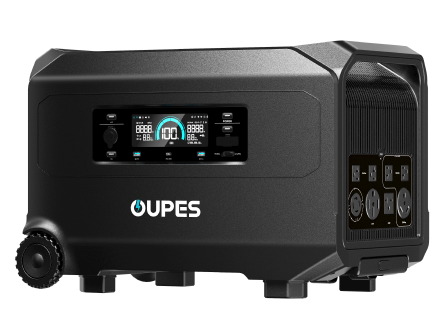



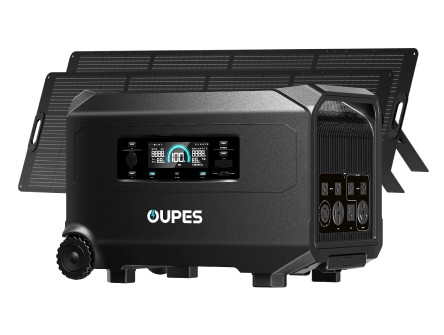

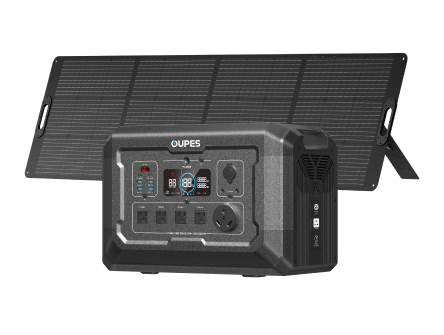

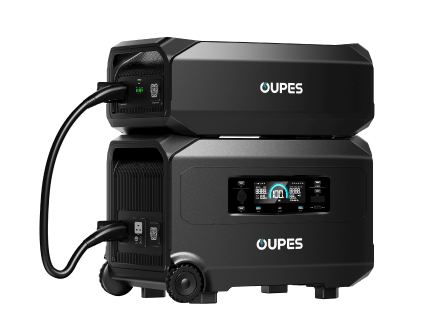
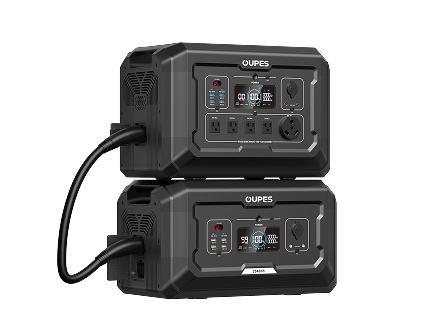
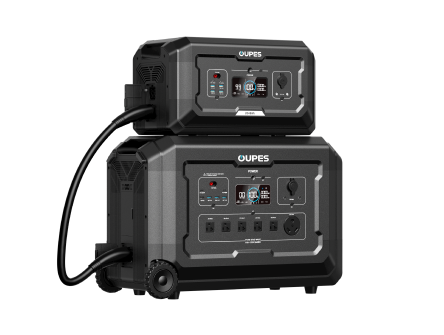
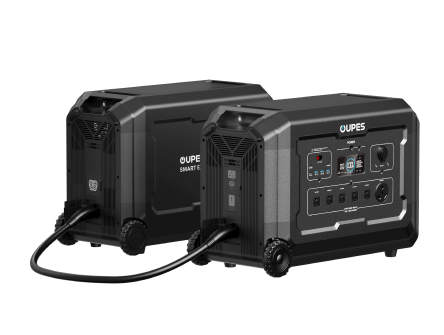




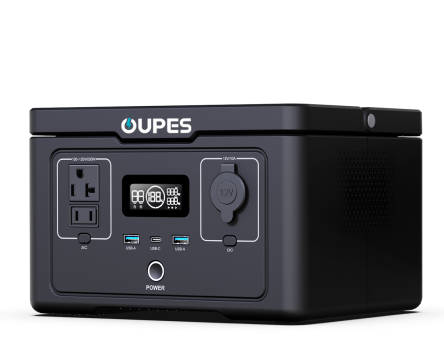


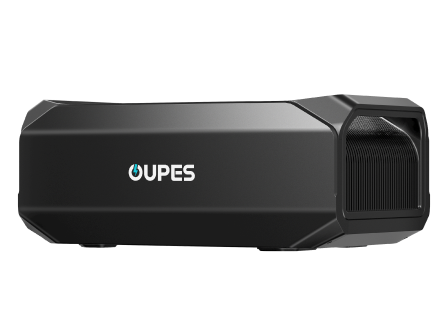
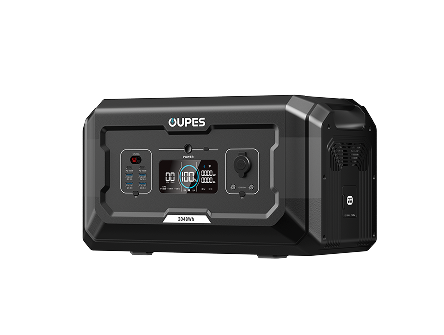
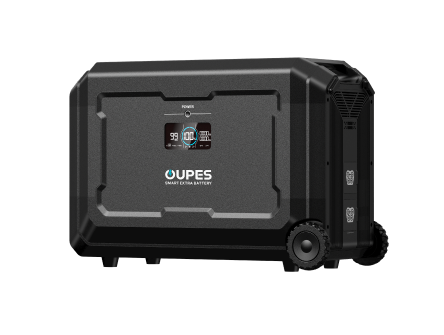
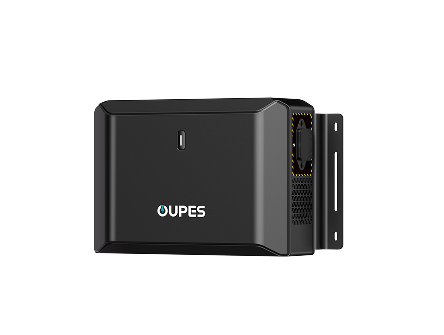






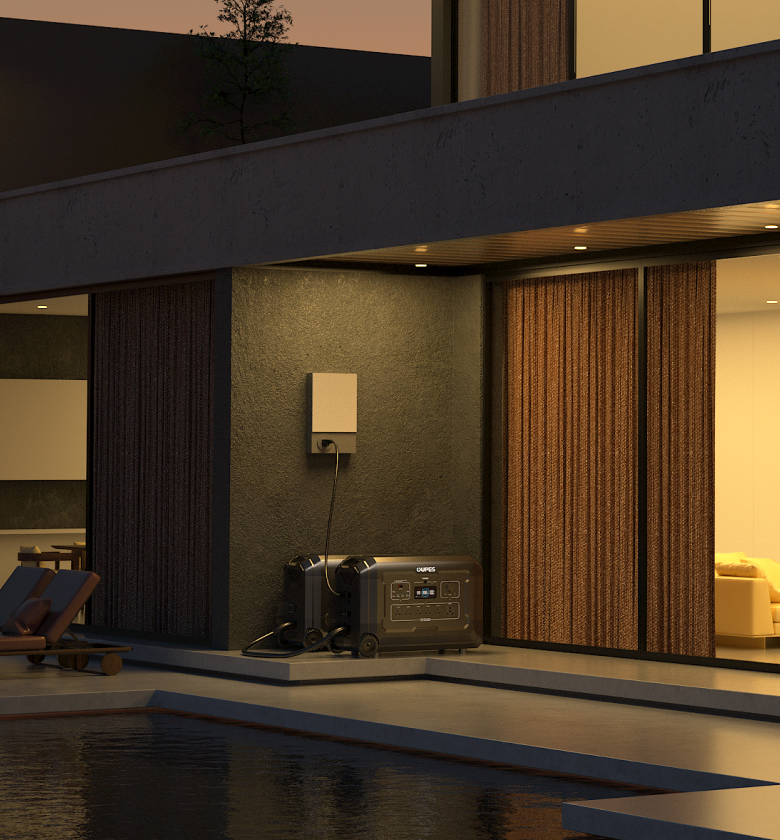
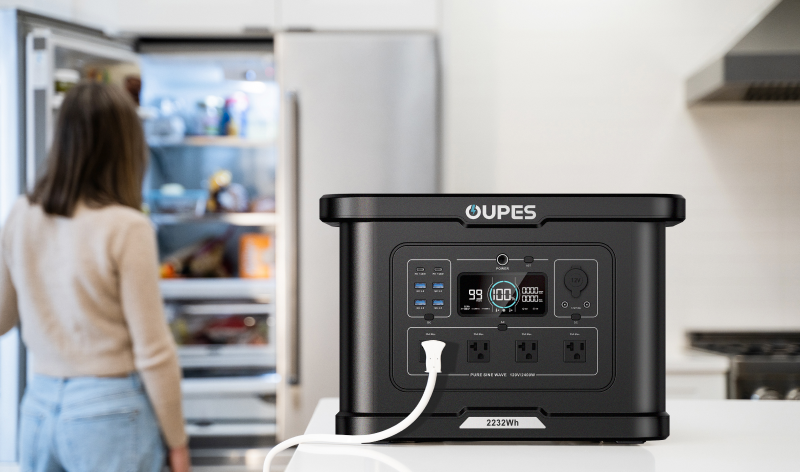

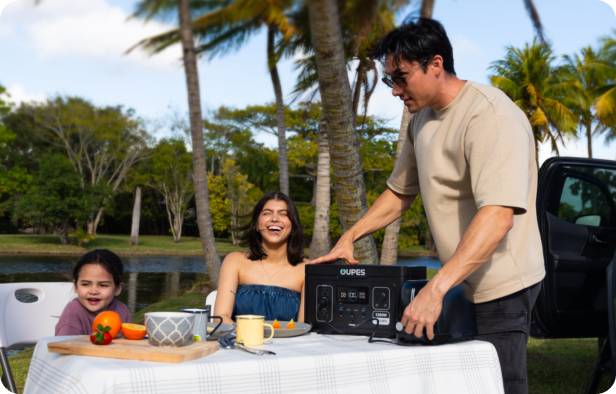
Leave a comment
This site is protected by hCaptcha and the hCaptcha Privacy Policy and Terms of Service apply.